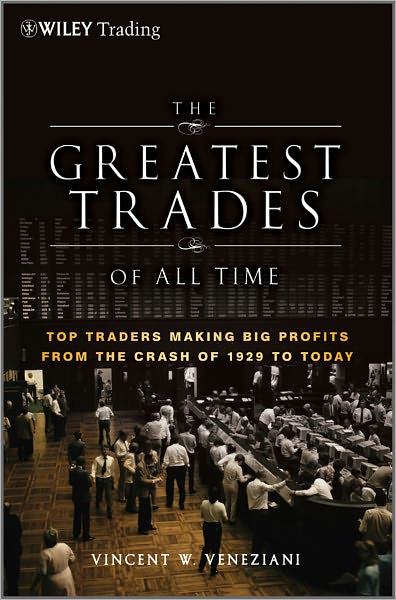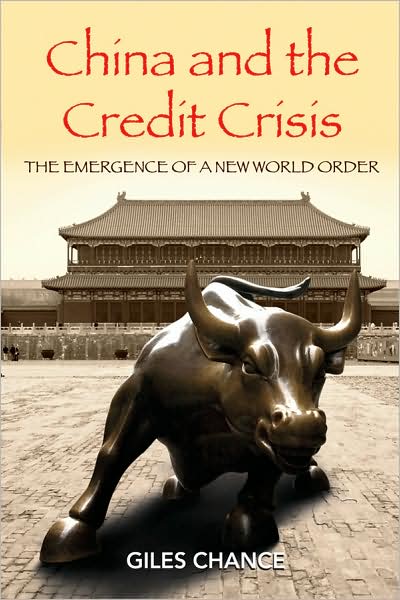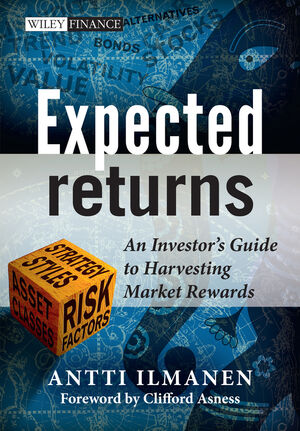The Euros Zone
I want to toss out a half-baked idea for others to play with, criticize, and adjust.
But first, a fully baked idea: the Euro was doomed to fail.? Any core Euro after kicking out the miscreants is also doomed to fail.? You can’t have monetary union long-term without political/fiscal union.? The roadblocks to economic union are cultural issues that express themselves politically.? The upshot is that either you politically merge nations that are similar (and intermarry), or your nation should have its own currency, so that needed macroeconomic adjustments can occur.? A single currency for disparate nations is a decidedly bad idea, and the Euro-sceptics so roundly derided in 1998 have been proven right within 14 years.
So, now for my half-baked idea — it is time to undo the Eurozone in entire, but we will keep the Euro, or rather, Euros.? This would have to be done quickly or it would not work well.? When those in the Eurozone wake up one morning, they find that they do not have Euros any longer, but Greeks have Greek Euros, Germans have German Euros, etc., and they do not trade at parity.
Most of this would take place through bank deposits and savings, which would instantly shift.? Currency is far smaller and would be stamped (for paper bills) or struck (for coinage) by governments that have an interest in having more currency in circulation, but until the stamping or striking, a euro is a euro, and can be used anywhere.? In the short run, that would mean that some currency would leak to core Eurozone countries and away from the periphery.
The pro-rata shares of the ECB would be handed back to the national central banks, and the ECB dissolved.? The national central banks would then be capable of pursuing the interests of their own nations.? What a thought!
But what about existing long term contracts to pay Euros?? If to a nation in the Eurozone, it can be paid in either of the new Euros, that of the payor or the receiver.? If to a nation outside the Eurozone, they get the Euro of that particular nation.? What was a credit loss or gain becomes a currency loss or gain.
Many of the Eurozone nations would have to support their banks during such a crisis for solvency reasons, but their national central banks would once again have the freedom to do this.
Yes, this would be painful, and it would be a mess.? But it would be a “Big Bang” that sets the nations of the Eurozone free from their artificial shackles, and allows the nations in the Eurozone to liquefy, inflate, and reconcile all of the debts built up.? It would also send losses to nations that lent to the Euro-fringe.? After this is done, all of Europe would be in better shape economically, and Europe would be more, not less united, because they don’t have to argue over monetary policy.
Thoughts?? I welcome them. :)? I know I have omitted a lot; I also know this is impractical given the nature of EU/EZ treaties, but I toss it out to stimulate discussion.
Update: thanks to Steve Hamlin for pointing out my typo in paragraph 2 — see his comment below.




